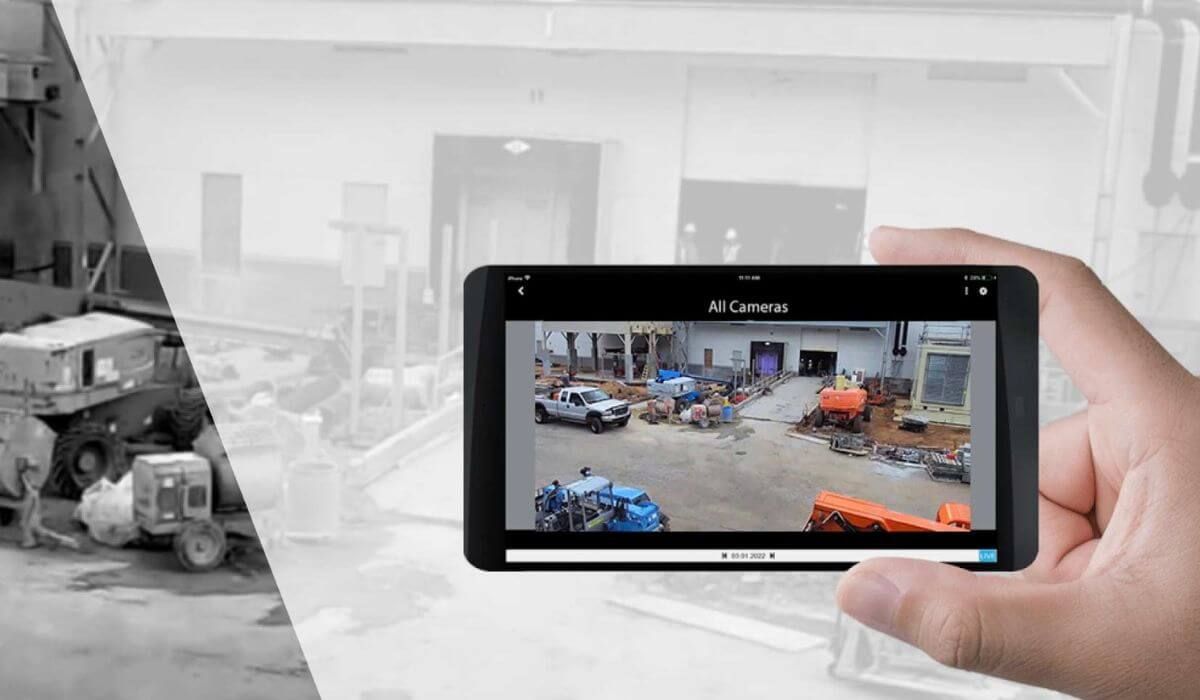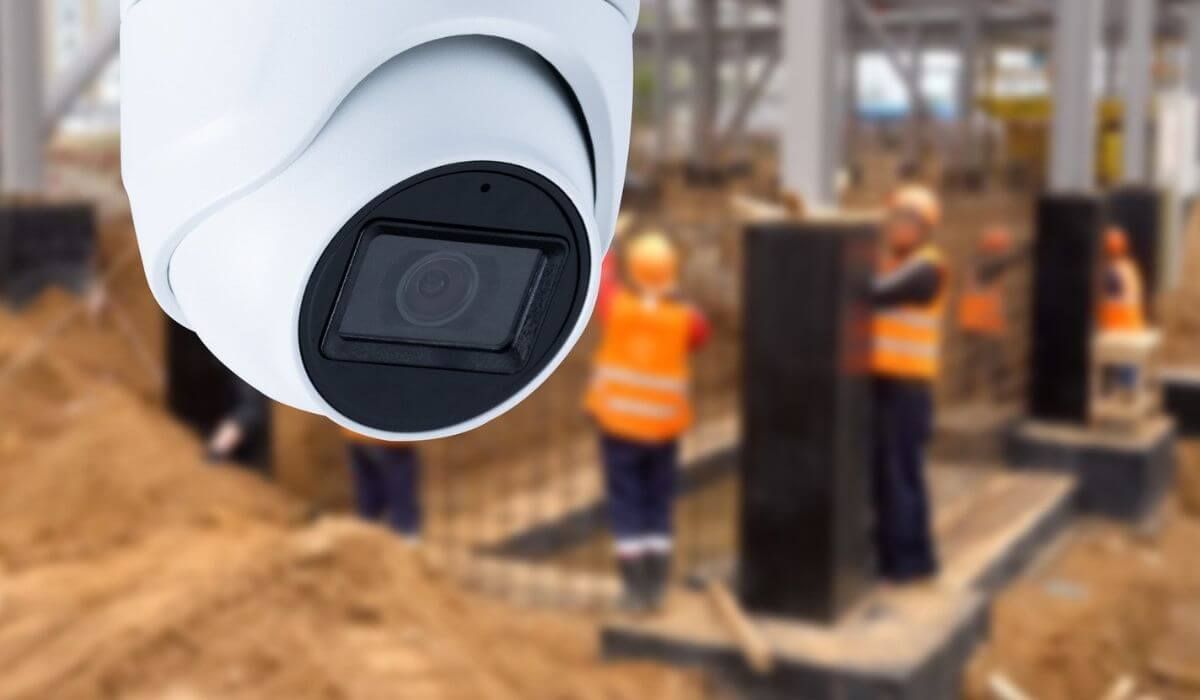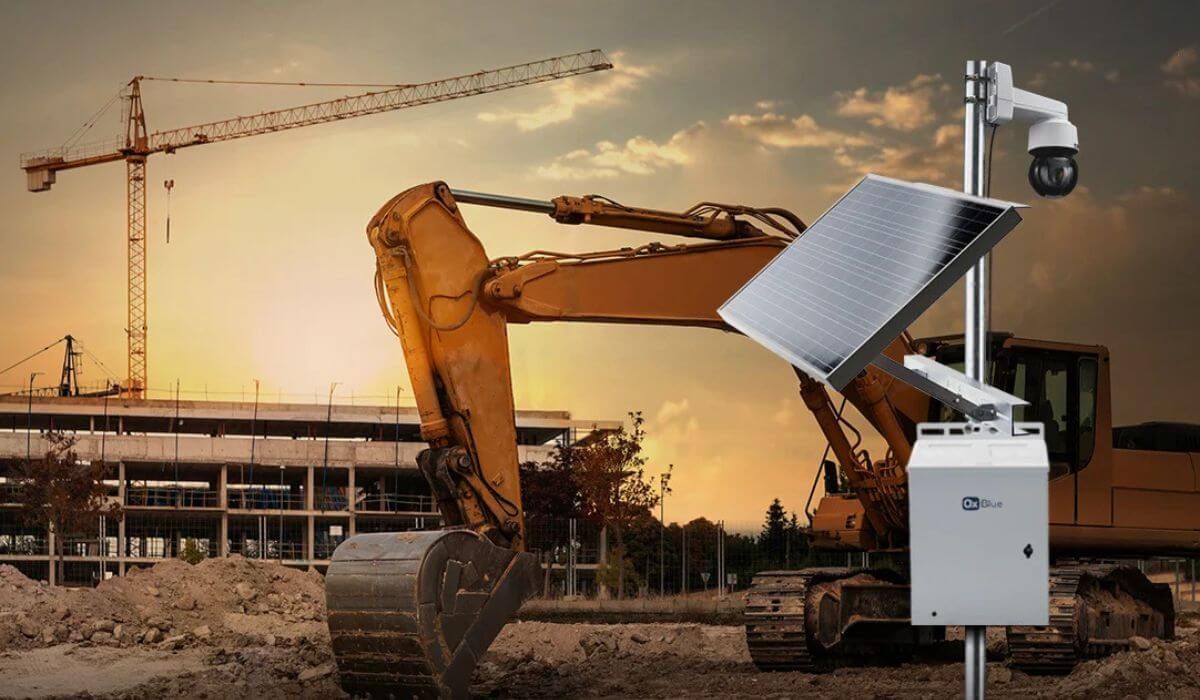How to Install Fire Alarm Battery Safely – Aussie Guide
How to Install Fire Alarm Battery Safely: A Quick Aussie Guide
According to Fire and Rescue NSW, nearly 60% of fatal house fires occur in homes without a working smoke alarm. Often, the alarm was there—but the battery wasn’t. That’s why knowing how to install fire alarm battery correctly is something every Australian homeowner and renter should understand. This practical blog from Scavi gives you a no-fuss, step-by-step breakdown to help you do it right and stay safe. Whether you're in a Sydney townhouse or a regional family home, we’ve got the info you need.
Why Battery-Powered Fire Alarms Are a Must for Every Australian Home
Fire Safety Standards and Legal Requirements in Australia
In Australia, legislation mandates that all homes must be fitted with working smoke alarms. In NSW, homes built after May 2014 require photoelectric alarms with non-removable 10-year batteries, or alarms hardwired into mains power with backup batteries. This means if you’re doing a smoke alarm battery replacement in Australia, you need to be aware of the type of unit you have and the battery it requires.
The Importance of Regular Battery Replacement
Even the most advanced alarm won’t function without battery power. Batteries degrade over time, reducing the alarm's effectiveness. A routine battery change keeps your home protected and ensures you're compliant with Australian safety laws.
When Battery Failure Becomes a Safety Hazard
Don’t wait for that annoying “chirp” to remind you. A dead battery means your alarm won’t respond in a fire. That’s not just a risk—it could be fatal. Staying proactive is essential for your family’s well-being.
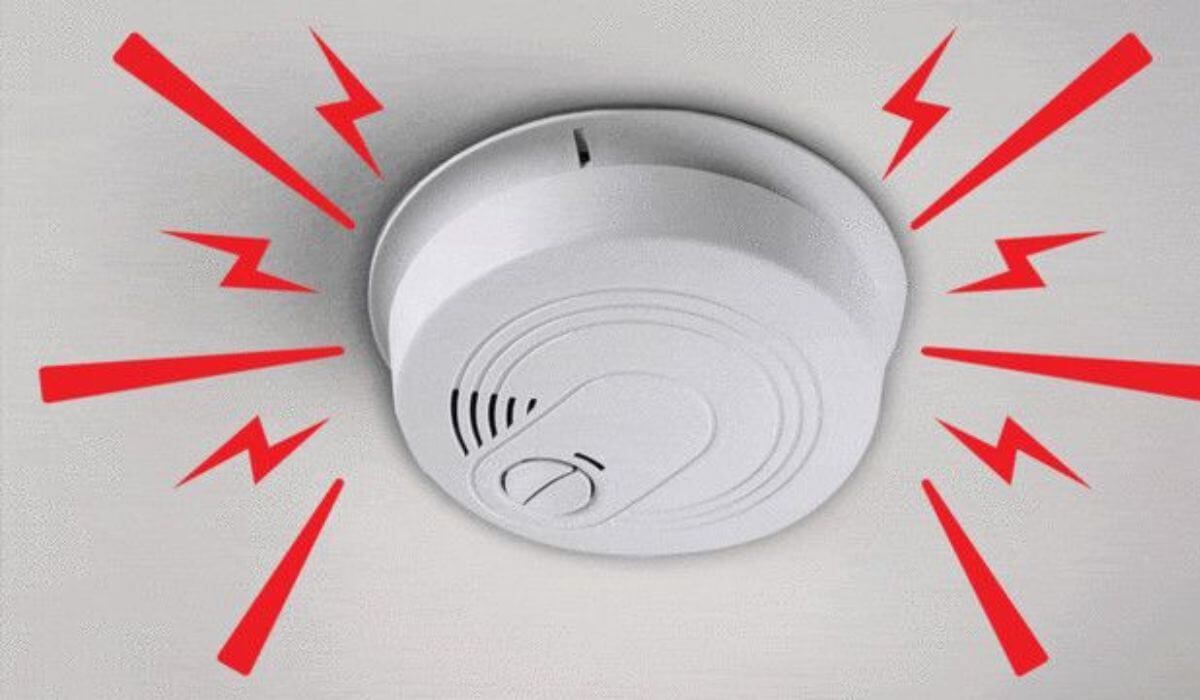
Step-by-Step: How to Install a Fire Alarm Battery Properly
Tools You’ll Need Before You Start
To install or replace your smoke alarm battery, gather:
- A
screwdriver (if your alarm is mounted with screws)
- A
step ladder to safely reach ceiling-mounted alarms
- The correct
replacement battery (typically 9V or long-life lithium)
- A
soft brush or cloth to clean dust buildup
Step 1 – Identify the Type of Smoke Alarm
Smoke alarms in Australian homes generally fall into two categories:
- Photoelectric – Best for detecting slow, smouldering fires.
- Ionisation – Quicker response to flaming fires but less recommended today.
You also need to determine whether yours is:
- Battery-operated only, or
- Hardwired with a backup battery
This affects what battery is used and how to access it.
Step 2 – Remove the Smoke Alarm from Its Mount
Most alarms twist off with a simple turn-and-release motion. Others may use slide brackets or screws. Carefully disconnect the alarm if it's hardwired—some models have a clip or plug.
Step 3 – Remove the Old Battery and Inspect the Unit
Once the unit is open:
- Remove the old battery
- Look for
signs of corrosion, battery leakage, or dust
- If the alarm is
10+ years old, it’s better to replace the entire unit than just the battery
Step 4 – Install the New Battery Correctly
Pay close attention to the + and – terminals. Insert the new battery gently but firmly—don’t force it. You should hear a soft click or feel it settle into place snugly.
Step 5 – Test the Smoke Alarm After Installation
Press and hold the test button for a few seconds. A loud beep confirms the alarm is powered and operational.
Step 6 – Reattach and Secure the Alarm Unit
Reinstall the alarm by twisting or sliding it back into its mount. Check it’s flush with the ceiling and not loose. Write down the installation date—it’ll help you remember when the next battery change is due.
Choosing the Best Battery for Fire Alarms
9V vs AA vs Lithium Batteries – What’s the Difference?
Here’s a quick breakdown:
- 9V: Common, easy to replace annually
- AA: Rare for alarms but used in some older models
- Lithium (10-year): Ideal for modern alarms, with long-lasting reliability
When it comes to safety, cost should never outweigh performance. The right battery could be the reason your alarm works in a crisis.
Recommended Brands and Types for Australian Conditions
Australia’s climate can impact battery performance. For humid or hot areas, SCAVI recommends:
- Energizer Ultimate Lithium
- Duracell ProCell
- Panasonic Industrial Alkaline
These brands are reliable, temperature-resistant, and certified for use in safety devices.
Rechargeable vs Disposable Batteries – Are They Safe?
In most cases, disposable batteries are more reliable for alarms. Rechargeables lose power quicker and may not provide consistent voltage. Unless your alarm specifically supports rechargeables, stick with single-use lithium or alkaline batteries.
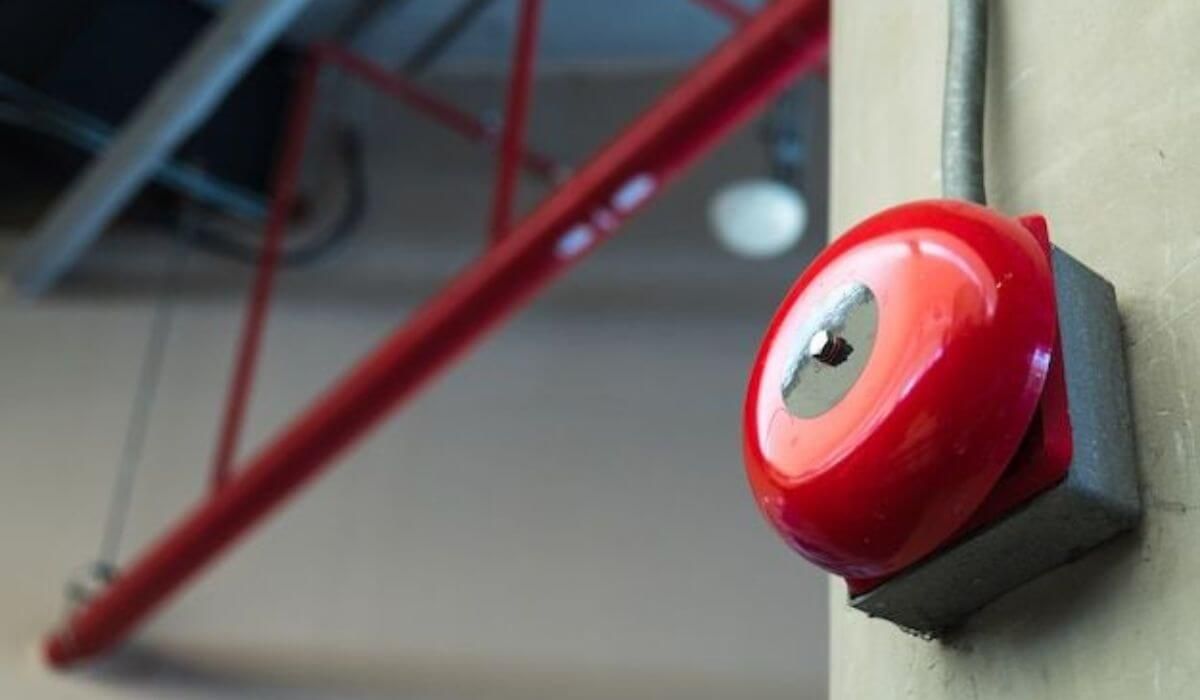
How Often Should You Replace Your Smoke Alarm Battery?
The Annual Rule of Thumb – But Is It Enough?
In general, you should replace:
- 9V batteries – every
12 months
- Lithium batteries – after
10 years (some are sealed inside the alarm and require full replacement)
Setting a reminder every year during daylight savings is a simple trick to stay on track.
Battery Lifespan vs. Alarm Lifespan – What’s the Difference?
Even if the battery lasts, the alarm has a shelf life too. Most manufacturers recommend replacing the entire alarm every 10 years. If the unit starts chirping unexpectedly—even with a fresh battery—it may be time to retire it.
Creating a Home Safety Calendar for Maintenance
Use your phone’s calendar, stick a note inside your fuse box, or set a Google reminder. You can even create a shared household task list to keep everyone in the loop. Staying organised is part of home safety too.
Fire Alarm Maintenance Tips to Maximise Safety
Clean Your Alarms Every 6 Months
Dust can block smoke sensors. Every six months:
- Gently vacuum around the alarm
- Use a
soft brush or microfiber cloth
- Never spray cleaning products directly on the unit
Regular Testing: How and When to Do It
Press and hold the test button until the alarm sounds. This should be done:
- Monthly, especially in kitchens or near bathrooms
- After a battery change
- After cleaning or relocating the unit
Know the Sounds: What Your Alarm Is Telling You
- One beep every 30–60 seconds = low battery
- Consistent beeping = smoke or malfunction
- Random chirps = possible sensor or battery issues
When to Call a Professional – Warning Signs
If your alarm:
- Beeps randomly even after battery replacement
- Doesn’t respond to testing

Frequently Asked Questions About Smoke Alarm Battery Installation
Can I use any battery in my smoke alarm?
No. Always follow the manufacturer's recommendation. The wrong battery may not supply enough power or last as expected.
Why does my smoke alarm keep beeping after battery replacement?
It could be due to improper installation, a faulty sensor, or the need to reset the unit. Refer to the manual, and if it continues—get it checked.
Are 10-year sealed battery alarms better than replaceable ones?
Yes. These offer less maintenance and reduce the chance of being forgotten. They’re especially useful for rental properties or holiday homes.
Is it legal to replace my own smoke alarm battery in NSW?
Absolutely. Homeowners and tenants can replace batteries themselves. However, if your unit is hardwired, any electrical modifications must be carried out by a licensed professional.
Be Smart, Be Safe – With SCAVI by Your Side
Keeping your home protected starts with small actions—like knowing how to install fire alarm battery the right way. From choosing the best battery for fire alarm units to learning how often to change smoke alarm battery, regular upkeep is a must.
Need help with installation, replacements, or complete alarm systems? Trust SCAVI—Sydney’s expert team for safe, fast, and reliable fire alarm services.
Call SCAVI today for expert advice and support you can count on.

